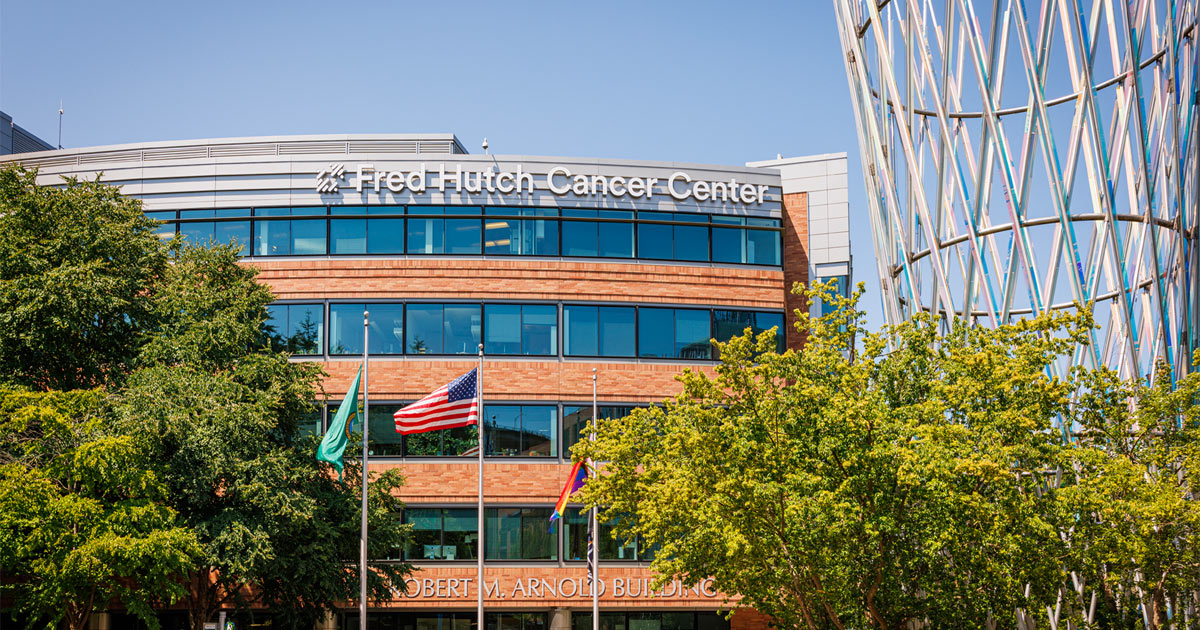One of the premier biotechnology institutions in Seattle exists because an excellent baseball player died, and had a very smart brother.

The Fred Hutchinson Cancer Research Center, affectionately known as The Hutch, sprang to life in 1975, guided by Dr. William Hutchinson and Dr. Robert Day's vision and perseverance. The eponymous Fred Hutchinson succumbed to cancer in 1964 while managing a penant race with the Cincinnati Reds. In response to his death, William and Robert became driven. Their vision: to forge an extraordinary biomedical research institution in Seattle committed to unraveling the dark biology of cancer and other life-threatening diseases.
As the years unfolded, the Fred Hutch expanded its research horizons beyond cancer, venturing into the domains of infectious diseases, immunology, genetics, and an array of biomedical sciences. A symphony of scientific minds orchestrated major breakthroughs in diverse fields including of HIV/AIDS, human papillomavirus (HPV), and a constellation of viral infections. Moreover, the institution played a pivotal role in pioneering therapeutic approaches, helping to birth innovative vaccines, and pioneering strides in stem cell research, cancer immunotherapy especially CAR T-cell therapy , cancer genomics, precision medicine, and public health interventions. Faculty at The Hutch received Nobel prizes in 1990 (organ transplant), 2001 (cell cycle regulation) and 2004 (odorant receptors).
Today, The Hutch has operating revenues of over $1.2B, with 5,000 people and over 140 led faculty research teams. It might also be one of the few research institutes in the world where the scientists can commute by sail.


